Oral Surgery - Covington, LA
Transform Your Smile with
Expert Oral Surgery Solutions
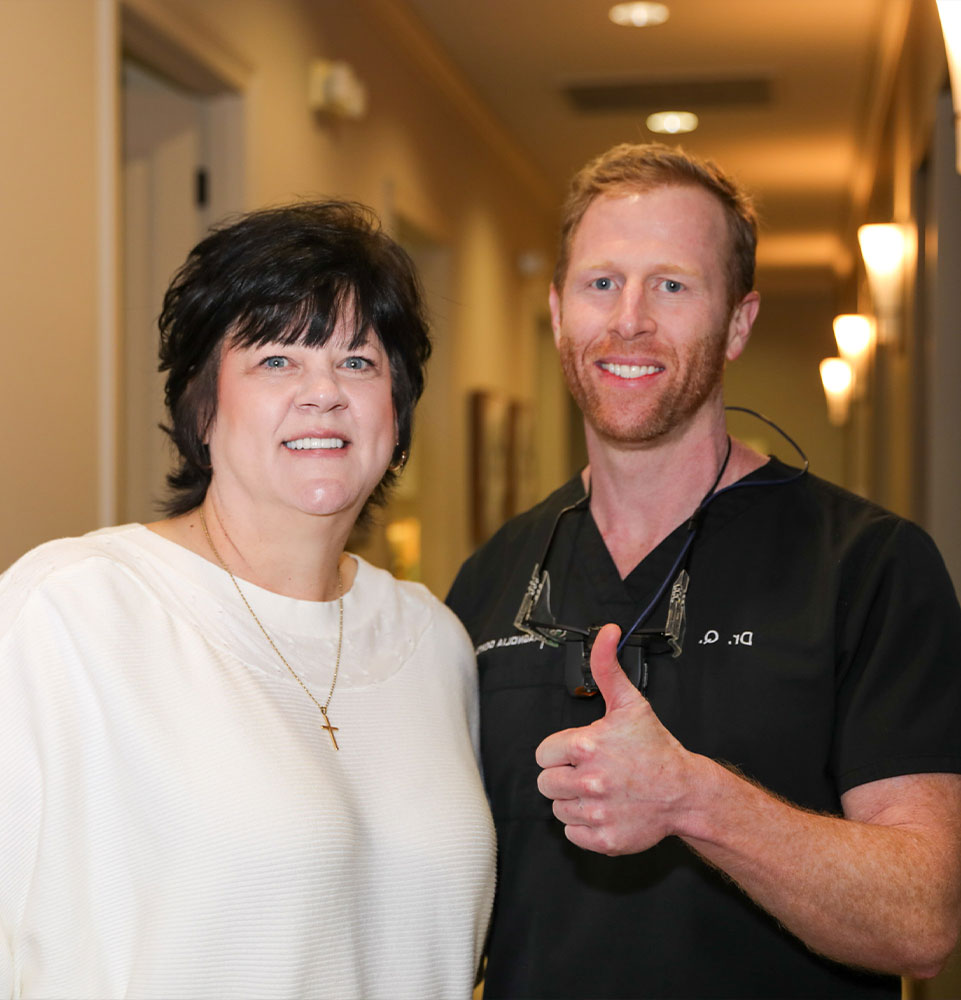
Enhancing Your Smile
and Oral Health
Are you experiencing discomfort, self-consciousness, or difficulty eating due to a decayed or missing tooth? Our oral surgery treatments in Covington, LA, alleviate your pain and embarrassment. Our state-of-the-art office offers a range of surgical treatments designed to enhance oral health and functionality.
Our skilled dentists at Magnolia Dental specialize in oral surgeries, utilizing cutting-edge technology to ensure your procedure is minimally invasive and efficient. Rest assured, your treatment will be comfortable and safe, helping you return to a healthy and pain-free lifestyle!

Minimizing Anxiety and Maximizing Comfort
At Magnolia Dental, we recognize that the thought of undergoing oral surgery in Covington, LA, might induce anxiety in some of our patients; these feelings are completely normal.
However, our skilled dentists are proficient in the latest techniques, ensuring your surgery is as minimally invasive as possible. We go the extra mile to ensure your comfort during your appointment, fostering a relaxed and tranquil atmosphere for your procedure.
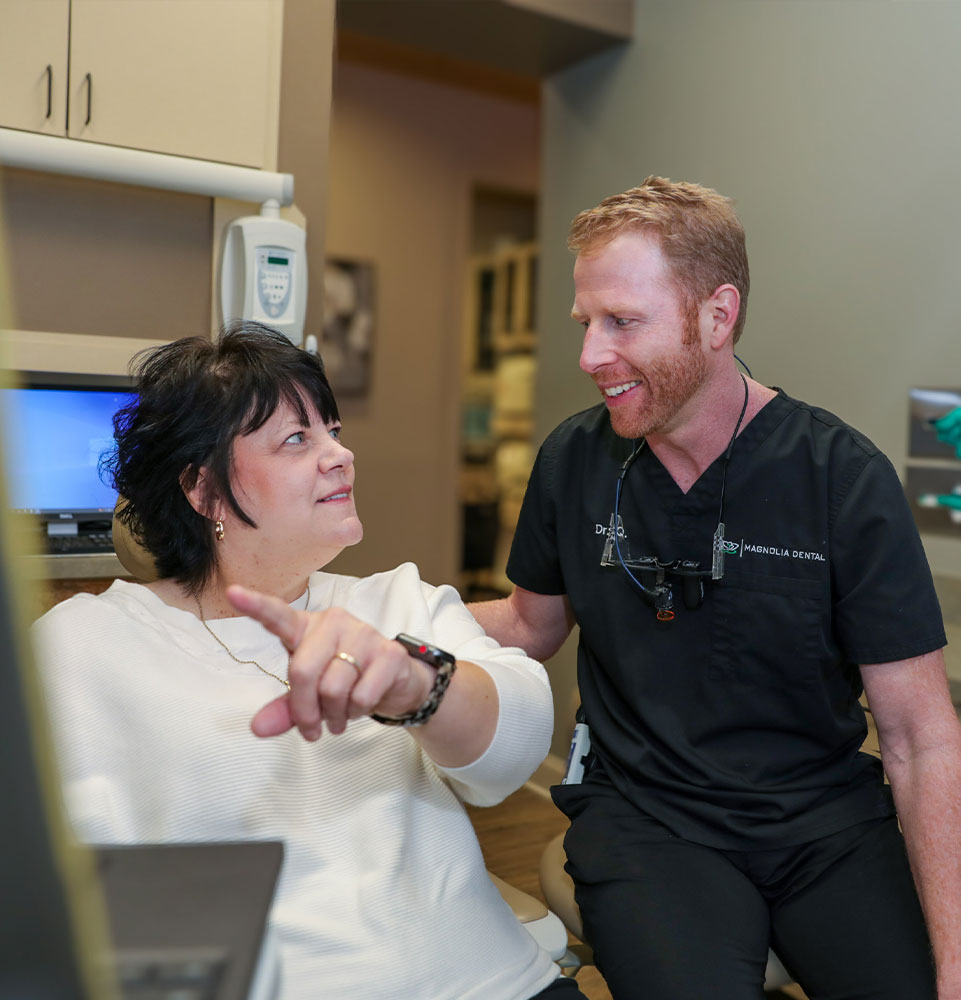
The Benefits of Oral Surgery
- Relief from pain and discomfort
- Enhanced functionality
- Improved aesthetics
- Prevention of future complications

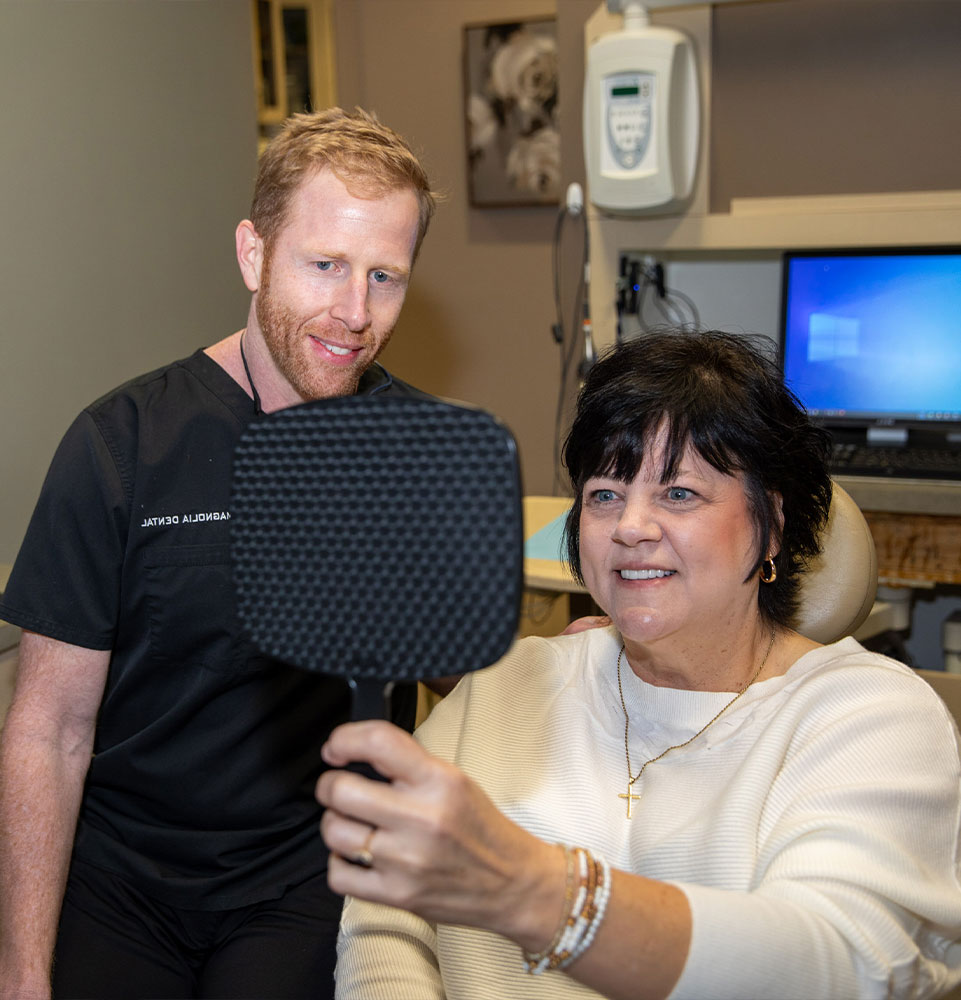
Why See Our Experts for Oral Surgery?
Choosing Magnolia Dental for oral surgery ensures you receive top-notch care focused on your overall well-being. We prioritize patient-centered care to address your complete dental concerns rather than merely offering quick fixes. With a deep understanding of end-to-end care, our skilled team utilizes advanced technology and expertise to perform precise, minimally invasive procedures.
We handle every aspect of your care from start to finish, providing follow-up care in your family dental office’s familiar and comforting environment. With Magnolia Dental, you can trust that your oral surgery experience will be efficient, effective, and tailored to your individual needs, promoting long-term oral health and peace of mind.
Our Oral Surgery Procedures

Tooth Extractions
Tooth extractions rank among the most prevalent oral surgery procedures. Typically straightforward, this process can be conveniently carried out in our office. We will delicately remove the tooth, preserving the surrounding healthy bone and gum tissue. Conversely, wisdom tooth removal, another variant of extraction, tends to be more intricate and may require several hours to complete.
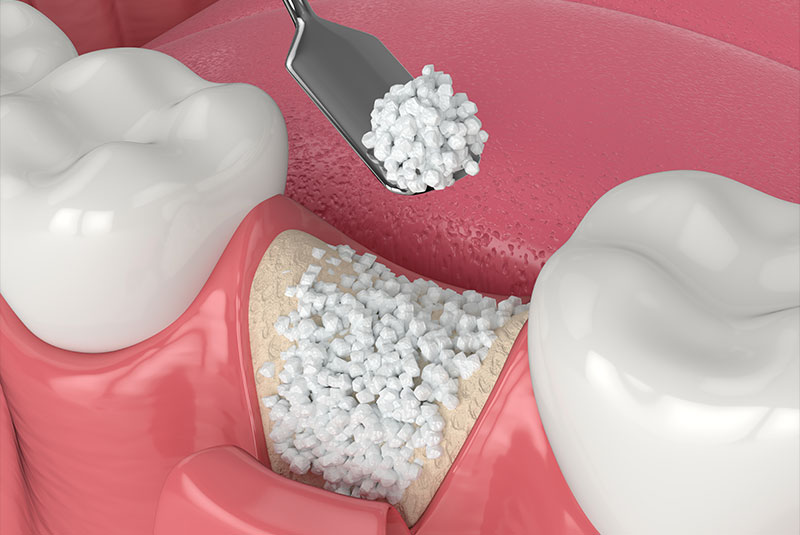
Bone Grafting
Bone grafting is a specialized oral surgery procedure designed to replenish bone levels in the jaw, often necessitated by tooth loss. Continuous bone loss, typically resulting from missing teeth, requires treatment to provide adequate support for dentures or dental implants.
During a bone grafting procedure, bone is harvested from you or a donor source and transplanted to the area experiencing bone resorption. Following placement and suturing, the site undergoes a healing period spanning several months, allowing for integration between the bone grafting material and the jawbone.
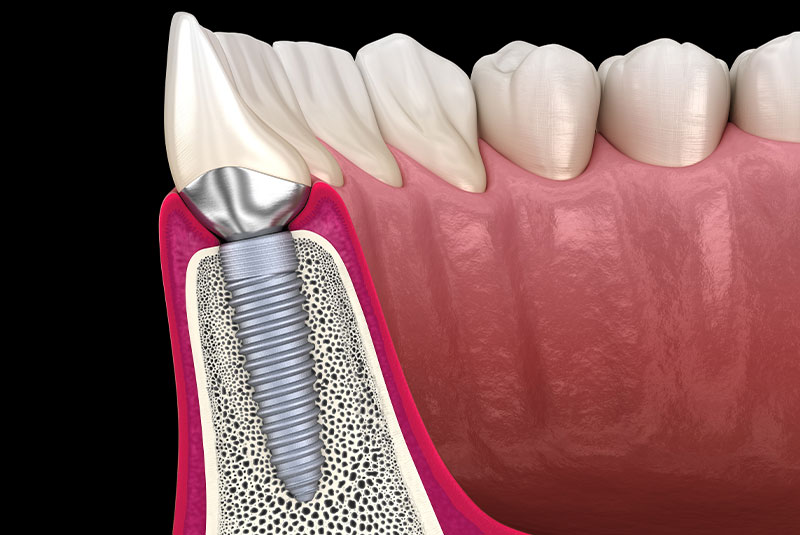
Dental Implant Surgery
Dental implants offer a lasting solution for missing teeth, comprising three key components: the post, abutment, and restoration. Surgically implanted into the jawbone, the dental implant post is a secure anchor for a new tooth or teeth.
With advancements such as CT-guided technology, modern dental implant surgery ensures remarkable precision. Immediate loading of a temporary restoration may be an option for eligible patients, providing prompt functionality and aesthetic enhancement.
